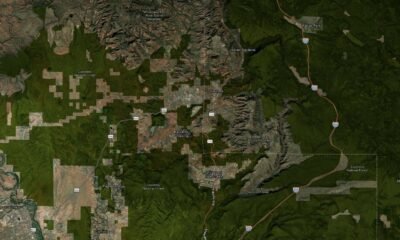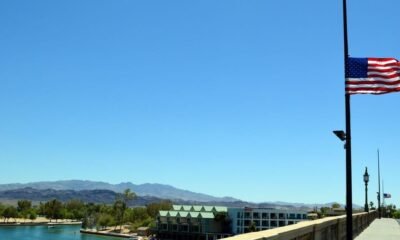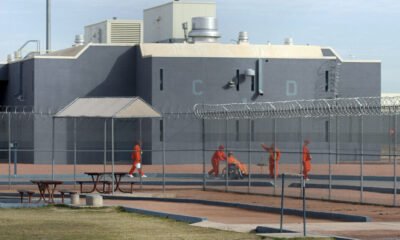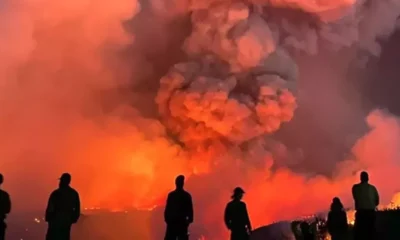home
Arizona Tribe Demands Federal Action to Replace Electrical Transmission Line Following 21-Hour Power Outage
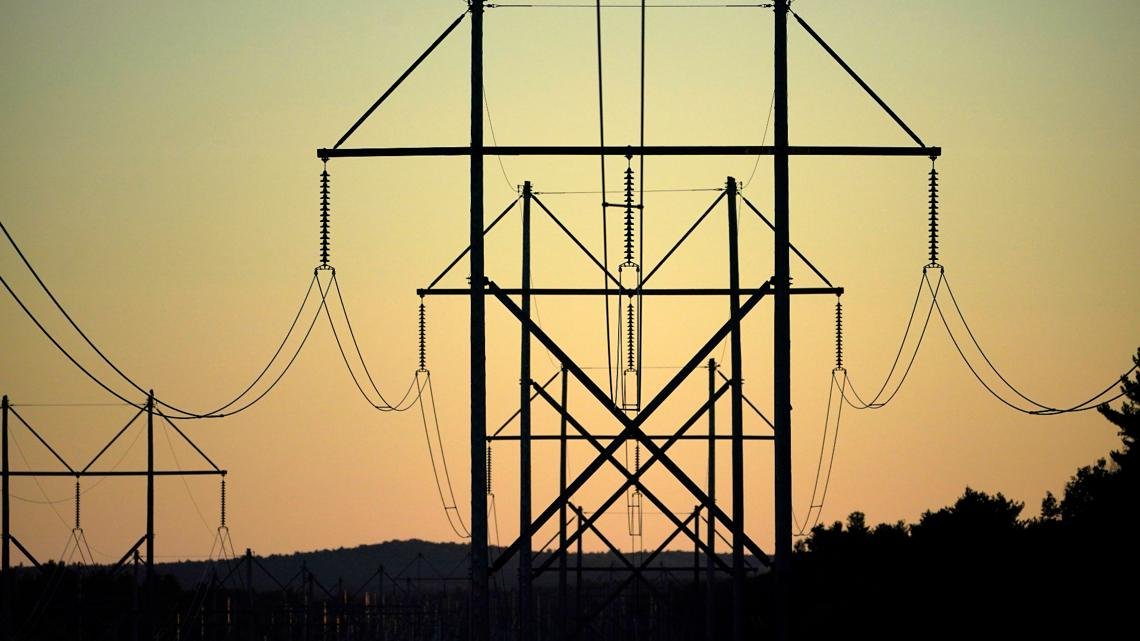
SAN CARLOS, Ariz — The San Carlos Apache Tribe is grappling with recurring power outages after a major electrical transmission line collapsed during a recent storm, leaving residents without electricity for over 21 hours. Tribal Chairman Terry Rambler expressed his frustration, asserting that “this kind of electrical failure is usually equated with developing countries, not the United States.”
Officials argue that the aging transmission line is obsolete, frequently failing and leaving both residents and local businesses powerless for extended periods. The tribe has formally approached federal authorities multiple times, seeking to replace this critical infrastructure, which connects the Coolidge Dam and Winkelman.
In a proactive move, Rambler penned a letter to Interior Secretary Deborah Haaland regarding the incident. He is also scheduled to meet with her next month in Washington, D.C., to discuss potential funding avenues aimed at preventing future outages.
Meanwhile, the U.S. Department of Energy’s Office of Indian Energy Policy and Programs recently announced plans to release $30 million in grants. These funds aim to bolster tribal clean energy initiatives and support tribal colleges in transitioning to sustainable energy sources.
Historically, between 2010 and 2022, the Office of Indian Energy has allocated more than $120 million towards over 210 tribal energy projects across the contiguous United States and Alaska. However, there remains a noticeable gap in discussions surrounding investments to modernize the electrical grid on the San Carlos reservation, which spans approximately 1.8 million acres across three Arizona counties.
The San Carlos Irrigation Project, established in 1924 by the Bureau of Indian Affairs, was intended to provide electricity and irrigation resources to residents within and beyond the reservation. Yet, despite its longstanding history, commitment to modernization has lagged.
